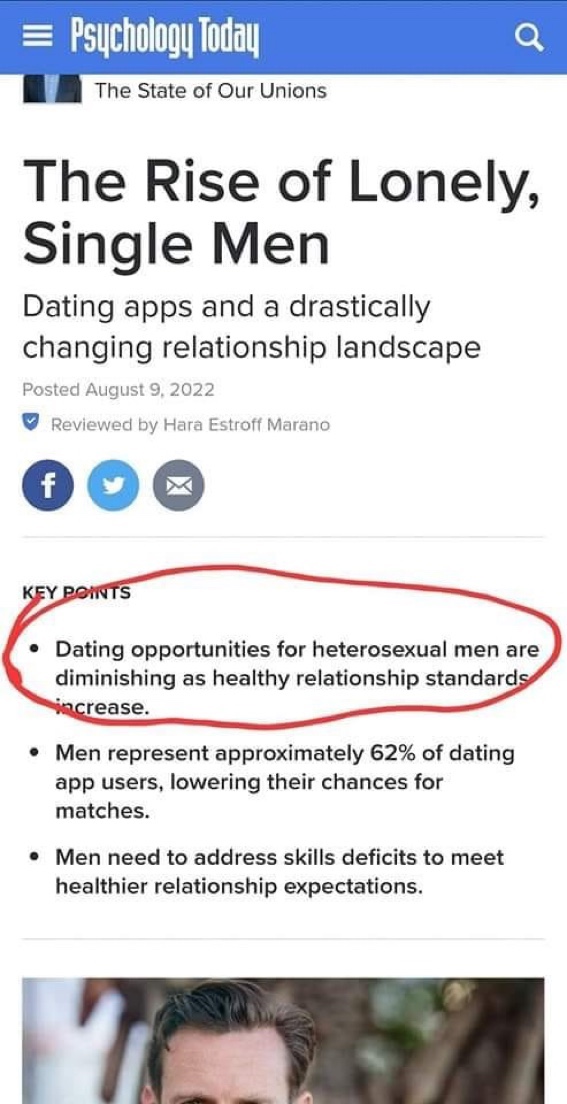About twenty four hours ago the first “crisis” of the move to Montana appeared on the horizon. The very expensive, and corporate, moving company we’d hired called to cancel on our move to Montana. Three days before the move date. Which we cannot change as new tenants are moving into our soon to be former townhouse.
At first they claimed it was a lack of trucks and then it was a lack of labor. It was some series of issues you hear more and more of during these crumbling times. It was messy and chaotic. I’m not entirely sure on the full timeline or set of excuses as my husband Alex is “king” of the move as he’s the operational talent in the family. I’m just here to follow his edicts. The details are not completely crucial to the wider lesson.
We put out the bat signal that we were in trouble. We tweeted and put questions out in Discord. What do we do? What our options? Our extended community sprang into action. People called with truck rentals suggestions. People sent over recommendations for labor and talent. People called in favors to locate what we needed on both ends. And the truly incredible part is that people physically showed up. Like get on an airplane level. And more than one of them offered to physically come out.
I don’t want to put any identities on blast as not everyone is quite as social on social media as I am. But our internet community is all very much active and close in our lives. And it just showed. In ways that I don’t know I fully appreciated until we were in the lurch.
A dear fellow traveler friend who has been an “internet friend” for sometime, but because of the pandemic hasn’t been able to IRL with us, offered to get on an airplane and help us drive up the truck. We bought them a ticket. Locked it in. Let’s finally do the bonding. The perfect synchronicity of social capital and actual capital solving a problem money alone couldn’t fix. Because there are some things money can’t buy and you almost always learn what in a crisis.
Members of our preparedness community (some of whom will soon be our actual physical neighbors in Montana) stepped in as well. They also offered to fly down and help on our Colorado front end. A truly astonishing gesture of friendship and community. Alex coordinated on our end to meet them on arrival. A veritable barnstorming of new neighbors is set to welcome us. And we aren’t even their actual physical neighbors yet. The trust and humility one must have to welcome people in like this.
My heart must have grown a size in one day. It was a balm for any kind of civilization cynicism I might have harbored. Our people showed up. I’ve got tears in my eyes just thinking about it. I will say that our special interest in resilience and connection has been key in this whole beautiful experience.
Our people are those who feel the concerns of modernity and atomization, but who rather than blame our technical tools like social medics for decay simply leverage them to bring us all back to our humanity. If America is in for harder times, I’ve never been more optimistic about the people that will survive them together with me.


